What lips my lips have kissed, and where, and why by Edna St. Vincent Millay
Millay’s “What lips my lips have kissed, and where, and why” is about the mellowing memories of past love and the piercing pain of fading youth.
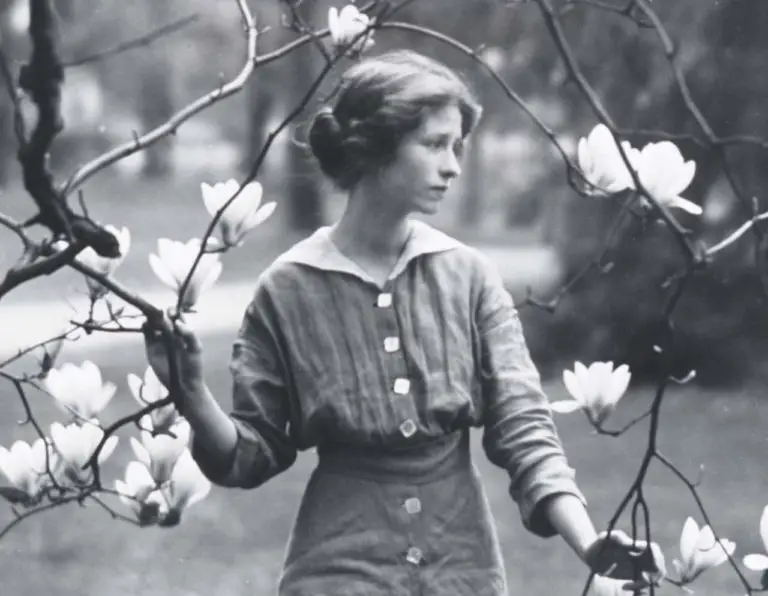
Millay’s “What lips my lips have kissed, and where, and why” is about the mellowing memories of past love and the piercing pain of fading youth.

Millay’s “Love Is Not All” is about love’s futility in some specific circumstances and how the speaker is unwilling to sell love for peace.

Millay’s “Time does not bring relief; you all have lied” is about a speaker missing her loved one and how she is reminded of him constantly.
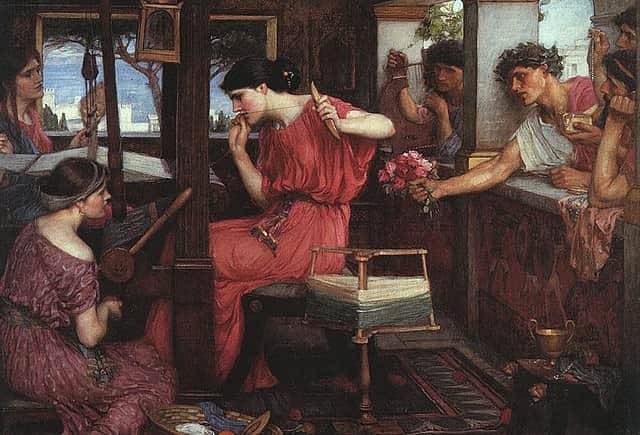
Edna St. Vincent Millay’s “An Ancient Gesture” is about a speaker thinking about Penelope’s silent suffering for Ulysses while wiping her eyes with her apron.
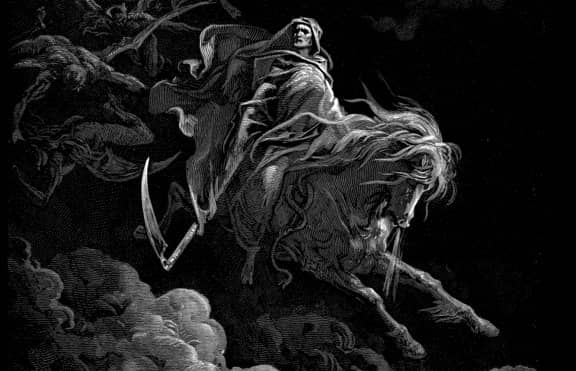
Edna St. Vincent Millay’s free-verse poem “Conscientious Objector” is about a speaker who refuses to disclose the whereabouts of the living of her city to “Death.”
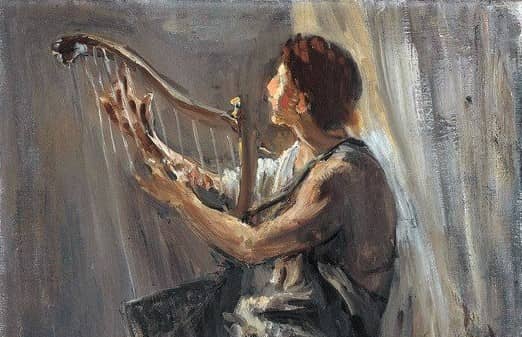
“The Ballad of the Harp-Weaver” by Edna St. Vincent Millay is about a tragic story of a mother and a child, who live in a poor household.

Edna St. Vincent Millay’s poem “Spring” is about the coming of April and how it makes people forget their harsh realities.
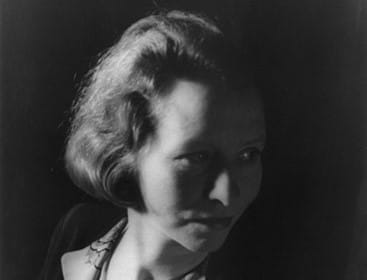
Here you can find 10 of the most famous poems of Edna St. Vincent Millay. Let’s dive into the list of Millay’s best-known poems.